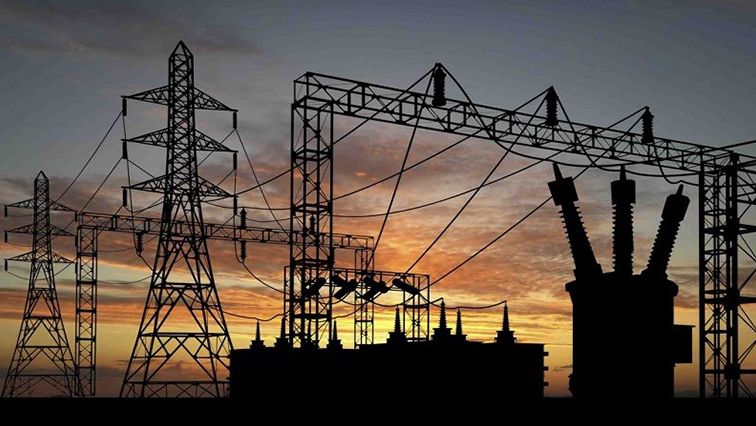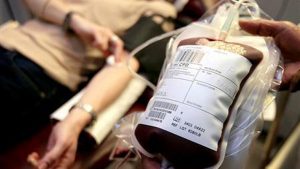The Northern Cape Chamber of Commerce and Industry (Nocci) raised concerns over the recent electricity tariff hikes implemented by the Sol Plaatje Municipality in Kimberley, citing the detrimental impact it will have on the already struggling business sector.
Starting from July 1, 2023, the municipality increased tariffs by 15%, prompting widespread resistance and backlash from businesses and residents alike.
The Sol Plaatje Municipality’s decision to raise electricity tariffs has drawn significant opposition in Kimberley. Both the ailing business sector within the municipality and the frustrated residents of Galeshewe joined forces in rejecting the tariff increases. Nocci has emphasised that these hikes will place an additional burden on struggling businesses, potentially leading to closures and job losses.
Northern Cape Chamber of Commerce and Industry Sharon Steyn, expressed her concerns about the impact of the tariff increases.
Steyn says, “I specifically went there yesterday and I bought R500 just to test if it has already been put up. Before the increase, if you bought R500 you will get 246 units. Yesterday, I bought 186 units, this is just R50. Let’s go and take a normal SMMEs to buy R300 electricity. What are they gonna remember the more you buy electricity, the less you get, not everybody can buy a R300 or R500 a week.”
Steyn also highlighted that not all businesses can afford to purchase electricity in large quantities, and the decrease in units purchased could have a significant financial impact, particularly on small and medium-sized enterprises (SMMEs).
The Kimberley Action Group has joined the chorus of opposition, reiterating their call for Sol Plaatje Mayor Kagisho Sonyoni to step down and for the municipality to be disbanded.
Residents argue that they were not consulted prior to the implementation of the tariff hikes, further fueling their frustration and discontent.
Coordinator of the Kimberley Action Group Boyce Makodi pointed out the significant reduction in units received for the same amount spent on electricity.
Makodi says, “In the previous financial year, somebody who bought electricity for R800 got 369 units. Someone who buys in the new financial year gets 300 units, which is a loss of 50 units if we make a rough estimate.”
In addition to electricity tariffs, the municipality also increased property, refuse removal, and water tariffs by 5.3 percent, and sanitation services by 4.9%. Residents argue that these increases are excessive and place an unreasonable burden on their already strained finances. The basic capacity charge of R85 has been particularly criticised as unjustified.
Despite the mounting concerns and backlash, the Sol Plaatje Municipality was unavailable for comment at the time of reporting.






